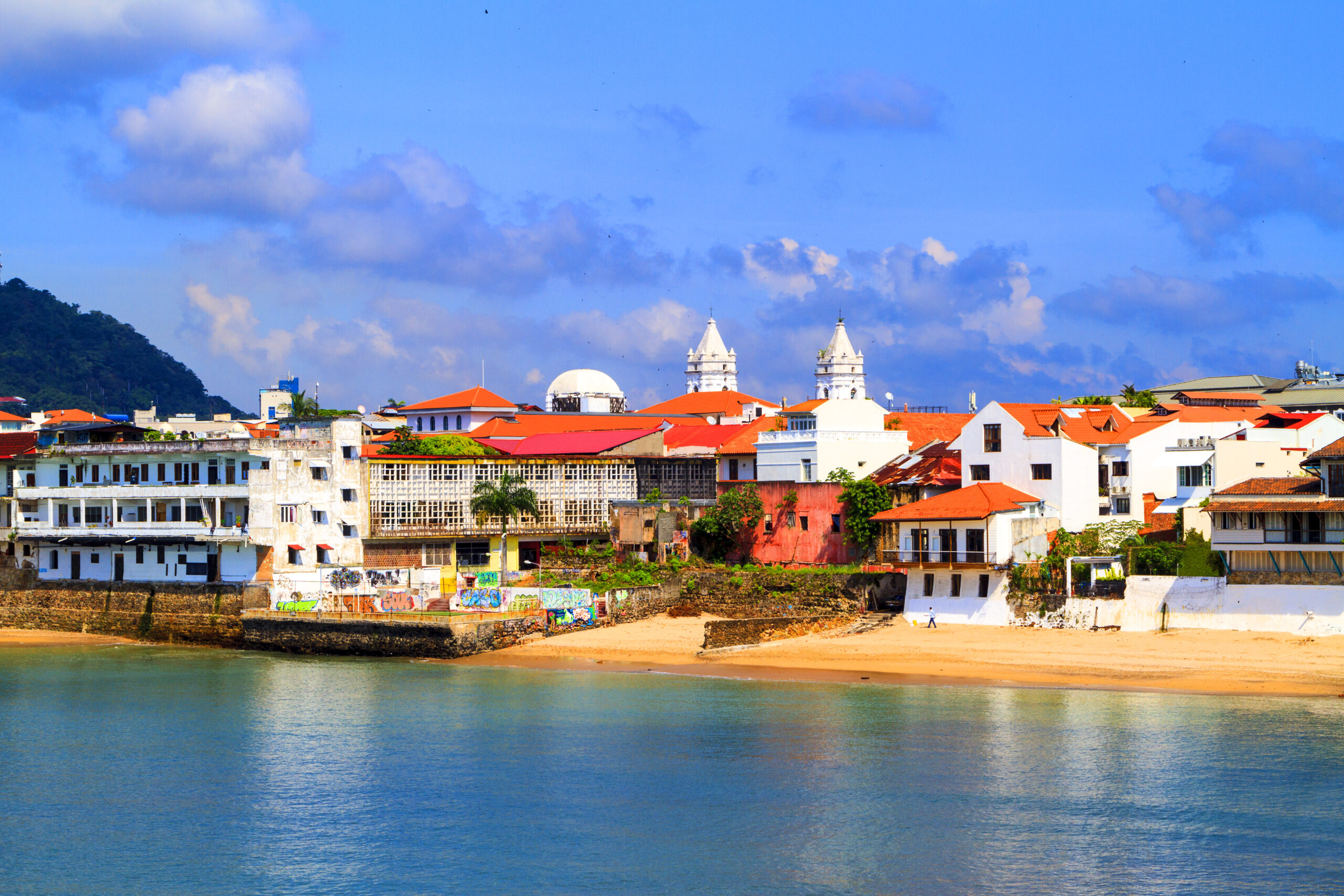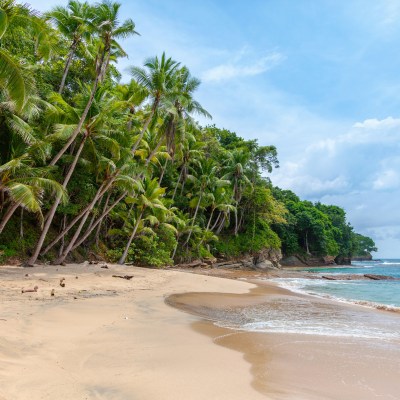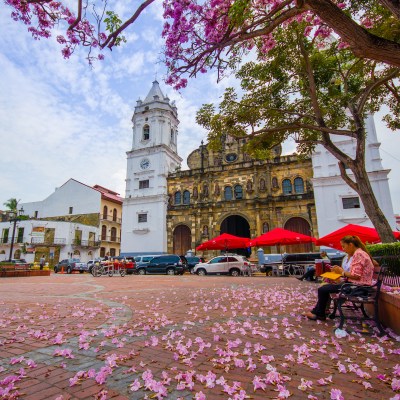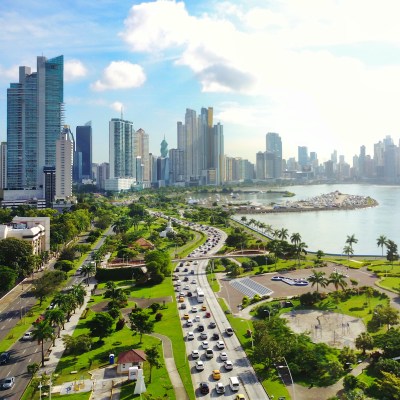Why To Retire In Panama
Panama’s lush landscape, ripe with rainforests and heavenly Caribbean beaches, make this tropical country a top choice for retirees. Panama also provides retirees with numerous special benefits, including discounts on everything from entertainment and hotels to medical expenses. Overall, the country has a lower cost of living compared to many countries, including the United States. Panamanians are known for their friendly nature, plus the country is already home to many expats, so retirees will feel immediately welcomed in their new home.
Retire In Panama: Things To Know
Weather
The weather in Panama is tropical year round. Temperatures can vary according to geography, with a tropical rainforest climate along the border with Costa Rica and Colombia, and a monsoon climate in the west. Typically, days are hot and nights are cooler, with temperatures ranging from 70 degrees Fahrenheit at night to 90 degrees Fahrenheit during the day, nearly year round.
Visa Requirements
The government of Panama allows any adult over 18 years of age who could show proof of a monthly pension of any kind to qualify for a “Panama Pensionado Visa,” or retirement visa. Applicants must provide proof of earning a minimum of $1000 of retirement or pension income per month in order to qualify.
More information can be found here.
Transportation
It really isn’t necessary to have a car if you are staying in the city, but driving can help you explore less-traveled areas. Driving in Panama is similar to other South American countries, and conditions can be poor outside the cities. Signs are infrequent, and potholes are common.
The main airport is Tocumen, which serves Panama City, but there are many others, the second-largest serving the city of David, with smaller local operations offering convenient transport options.
Panama also offers transportation by bus, taxi, ferry, train and metro.
More information can be found here.
Health Insurance
Healthcare in Panama is provided by both the government and private facilities.
On the government side of things, two organizations are responsible for healthcare services. The Social Security Fund (Caja de Seguro Social) acts both as a healthcare provider and a pension fund administrator. Meanwhile, the Ministerio de Salud (MINSA) provides low-cost facilities for those not covered by the Social Security Fund, approximately 30 percent of the population.
Language
Many languages, including seven indigenous languages, are spoken in Panama, although Spanish is the official and dominant language. The local variant is Panamanian Spanish.
Currency
The legal tender in Panama is the Panamanian Balboa and the U.S. dollar. The current exchange rate between currencies is 1 Balboa is equal to 1 dollar.



